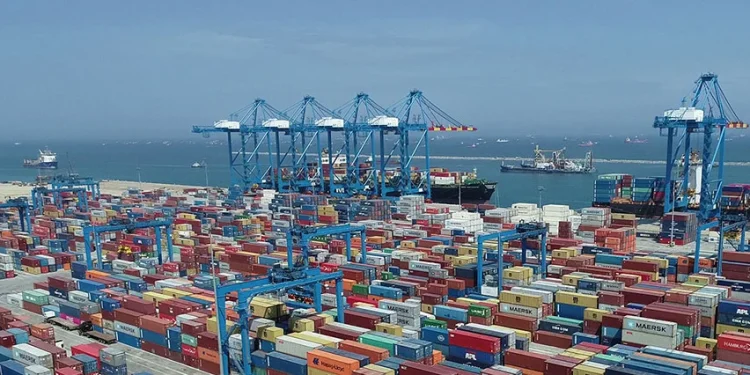A recent study by the Ministry of Food and Agriculture (MoFA) has shown youth representation in agriculture and farming is less than five percent of the population.
The study, according to the Deputy Minister for Food and Agriculture (Crops), Yaw Frimpong Addo, revealed that 95 percent of farmers in all districts across the country are between the ages of 55-65 years.
“This age population of 55-65 years should have been nearing retirement or on pensions completely if they were working in the public sector,” he said.
Mr. Frimpong Addo lamented that the government can only pursue robust long-term sustainable agriculture programmes when young people are heavily involved in the sector.
“The current happening may pose huge threats to Ghana’s food security agenda,” he noted.
The event, which was held on the theme ‘Empowering Youth Start-Ups & Agri-MSMEs in Africa: Advancing Food Security through Innovation and Collaboration’, provided a platform for educating the youth and emphasising their role in ensuring continental food security.
Despite agriculture becoming the main pillar of support for the economy, the 2021 Heifer International Report revealed that only five percent of Ghanaian youths are engaged in the sector.
The report indicated that even though the nation’s agricultural sector is well-placed to contribute in attaining the country’s development goals, its growth performance has been erratic.
The report said out of the five percent in the sector, just about 12 percent are using some form of technology in agriculture.
According to the report, 37 percent of the youth say access to finance, 14 percent say access to land and 12 percent say lack of training are the three key barriers to youth participation in agriculture.
Stakeholders have also said the situation is hugely responsible for disparities in food imports and exports. Indeed, data from the Chamber of Agribusiness Ghana (CAG) indicates that the country’s food import bill grows in excess of US$5billion per annum.
The deputy minister, however, emphasised the government’s commitment to the vision of ensuring a modernised agriculture, culminating into a structurally transformed economy and evident in food security, employment opportunities and reduced poverty.
“Young people and agri-MSMEs will play a critical role in this regard. Our programmes and strategies have been developed to ensure particular attention is paid to youth-led start-ups and agri-MSMEs,” he said.
Mr. Frimpong Addo explained that key strategies including the West Africa Food Systems Resilience Programme, Modernizing Agriculture in Ghana (MAG), the Ghana Commercial Agriculture Project and the upcoming launch of the Planting for Food and Jobs phase II, among others, are intended to promote inclusion and employment opportunities for the youth.
















